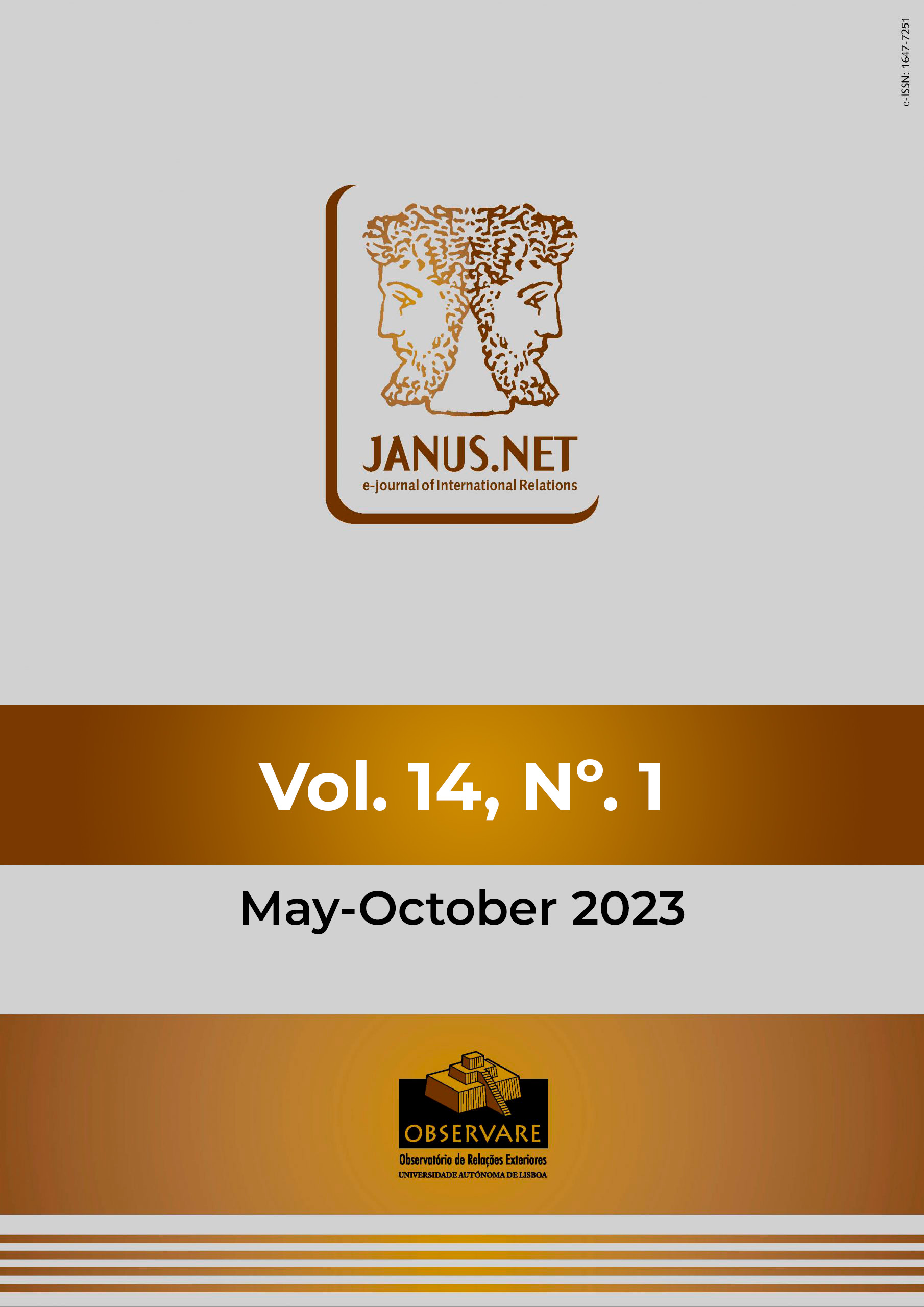The agrifood sector is a sector that, in the context of the global economy, has been registering
an intrinsic potential to build, rather than deplete, natural capital. It supports daily and longterm well-being, contributing to economic and social development and, therefore, natural
systems. The olive oil subsector has assumed a gradual economic importance in recent years
due to the growth in production. However, this phenomenon has not changed Portuguese
consumption habits too much, unlike Spain, as we will see. The olive oil line is a strategic
route in both countries’ agricultural policy and economy. In Portugal and Spain this sector has
registered a high level of investment and production, despite the expectation of a certain price
stability. The Circular Economy is a recent concept, but it has long been present in the agrifood
sector. The creation of “return circuits” in agriculture is inspired by the mechanisms of natural
ecosystems and is an integral part of these same cycles. From the statistical analysis used,
we conclude that there are several ways that the olive sector contributes to the circularity of
the economy.
CHARACTERIZATION OF THE OLIVE SECTOR IN THE IBERIAN COUNTRIES: THE APPROACH OF A NEW REALITY
»
CARS – Center for Economic Analysis of Social Regulation, Universidade Autónoma de Lisboa
(Portugal)
»
OBSERVARE- Observatory of Foreign Relations, Universidade Autónoma de Lisboa (Portugal)
Resumo
O sector agro-alimentar é um sector que, no contexto da economia global, tem vindo a
registar um potencial intrínseco para construir, em vez de esgotar, o capital natural. Apoia o
bem-estar diário e a longo prazo, contribuindo para o desenvolvimento económico e social e,
consequentemente, dos sistemas naturais. O subsector do azeite tem assumido uma
importância económica gradual nos últimos anos devido ao crescimento da produção. No
entanto, este fenómeno não alterou muito os hábitos de consumo dos portugueses, ao
contrário de Espanha, como veremos. A fileira do azeite é uma via estratégica na política
agrícola e na economia de ambos os países. Em Portugal e Espanha este sector tem registado
um elevado nível de investimento e produção, apesar da expectativa de uma certa
estabilidade de preços. A Economia Circular é um conceito recente, mas há muito que está
presente no sector agro-alimentar. A criação de "circuitos de retorno" na agricultura inspirase nos mecanismos dos ecossistemas naturais e é parte integrante desses mesmos ciclos. Da
análise estatística utilizada, concluímos que são várias as formas como o sector do azeite
contribui para a circularidade da economia.
Palavras-chave
Como citar este artigo
Santos, António Duarte; Ribeiro, Sandra Cristina (2023). A macro analysis of the linear-circular
economic pattern in the olive sector in Iberian countries, Janus.net, e-journal of international
relations, Vol14 N1, May-October 2023. Consulted [online] in date of last visit,
https://doi.org/10.26619/1647-7251.14.1.14
Article received on 14 October, 2022 and accepted for publication on 5 March, 2023















